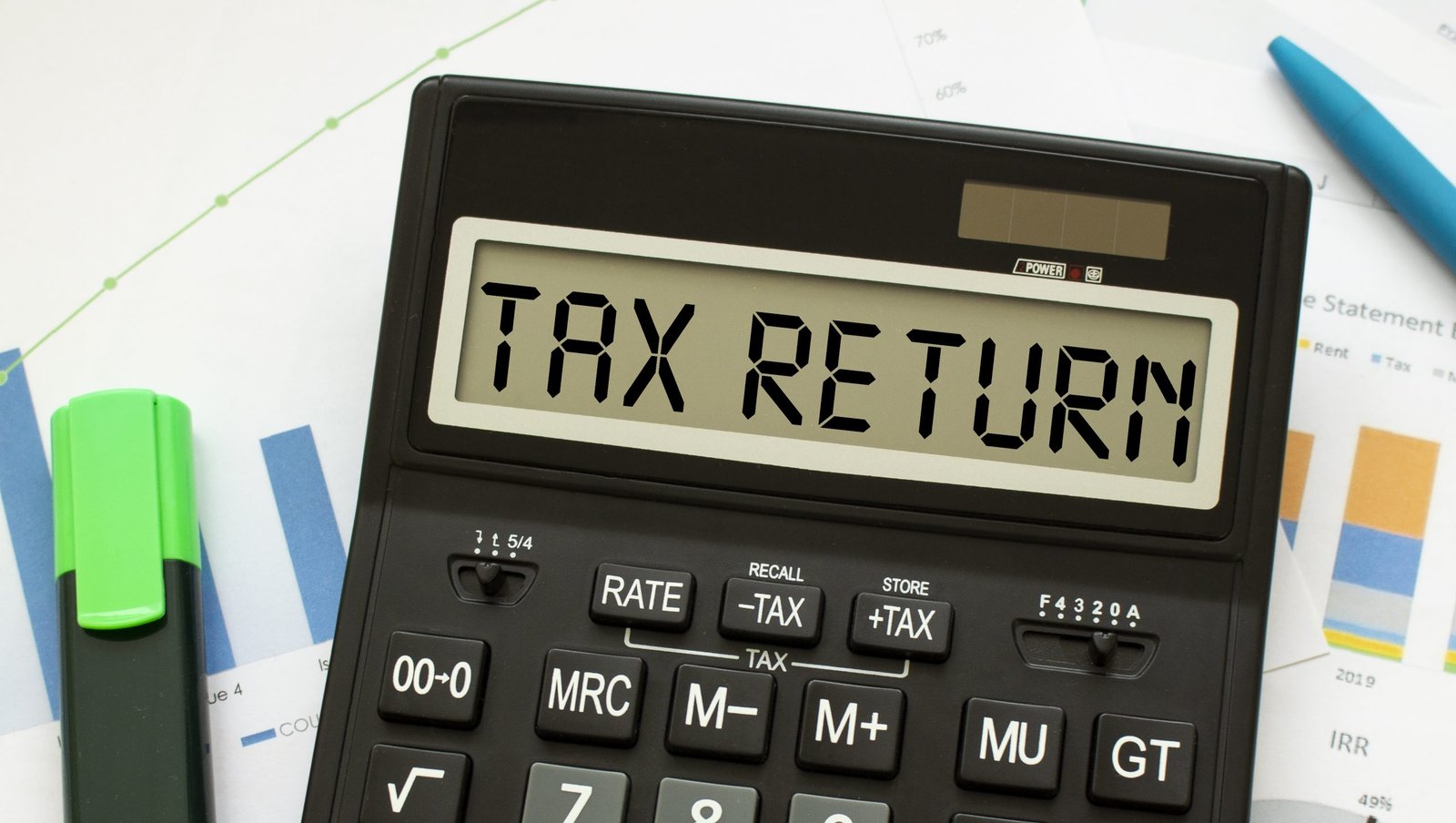In an era of global mobility, many individuals find themselves working, investing, or residing in countries beyond their homeland. As the world becomes increasingly interconnected, so do the implications for taxation.
For residents and non-residents in the United Kingdom, the tax on foreign income is a critical consideration.
Introduction
Individuals may be required to pay UK Income Tax on various forms of foreign income, including:
- wages earned abroad
- foreign investment income (dividends, savings interest),
- rental income from overseas property, and
- pensions held abroad.
Foreign income is defined as anything outside England, Scotland, Wales, and Northern Ireland.
Determining Tax Liability
The need to pay tax on foreign income hinges on one’s residency status in the UK for tax purposes. Non-UK residents are exempt from UK tax on foreign income. UK residents typically pay tax on their global income, but exceptions may apply for those whose permanent home or domicile is abroad. You may be able to claim tax relief if you’re taxed in more than one country.
UK Residence and Capital Gains Tax
UK residence status is crucial in determining tax obligations. Residency status is dependent on multiple criteria such as:
- the number of days spent in the UK
- automatic tests
- sufficient ties test and
- overseas tests
Special rules, such as split-year treatment, apply when individuals move in or out of the UK.

Capital Gains Tax (CGT) is typically applicable when selling assets like shares or a second home. For residents in the UK, the obligation to pay capital gains tax extends to both UK and foreign gains.
Non-residents, on the other hand, usually face capital gains tax obligations under specific circumstances:
- UK Property or Land: Non-residents are subject to Capital Gains Tax when selling property or land situated in the UK.
- Return to the UK: If a non-resident returns to the UK, they may become liable for capital gains tax on their worldwide gains.
‘Non-domiciled’ Residents
Individuals residing in the UK whose permanent residence (referred to as ‘domicile’) is outside the UK might be exempt from paying UK tax on foreign income. Typically, your domicile is the country your father regarded as his permanent home at the time of your birth. However, if you’ve relocated abroad with no intention of returning, your domicile may have changed.
If you are a non-domiciled individual in the UK, you are not required to pay taxes on your foreign income or gains if two conditions are met:
- The foreign income or gains are less than £2,000 in the tax year.
- You do not bring them into the UK, such as by transferring them to a UK bank account.
If you have foreign income or gains amounting to £2,000 or more, or if you bring any money into the UK, you are required to report it in a Self Assessment tax return.
Reporting Foreign Income
Generally, as a UK resident with foreign income or capital gains, you are typically required to complete a Self-Assessment tax return. However, there are exceptions for certain types of foreign income.
You are not obligated to fill out a tax return if the following conditions are met:
- Your sole foreign income consists of dividends.
- The total dividends, including both UK and foreign dividends, are below the £2,000 dividend allowance.
- You have no other income to report.
Different rules apply for specific types of foreign income, such as pensions, rent from property, and certain employment income.
Tax Relief and Double Taxation
Individuals taxed on foreign income by both the UK and the country of origin can often claim tax relief. If your income is exempt from foreign tax but is taxed in the UK (e.g., in the case of many pensions), or if it is mandated by the double-taxation agreement with that country, you must apply for tax relief in the country where your income originates.
When reporting your overseas income in your tax return, you can typically claim Foreign Tax Credit Relief. The amount of relief you receive is determined by the ‘double-taxation agreement’ between the UK and the country where your income originates. In most cases, you can still receive relief even if there is no specific agreement in place, unless the foreign tax is not comparable to UK Income Tax or Capital Gains Tax.
Conclusion
Understanding and navigating the taxation of foreign income is crucial for individuals with international ties. As tax regulations evolve, staying informed and seeking professional advice is key to managing financial responsibilities effectively.



